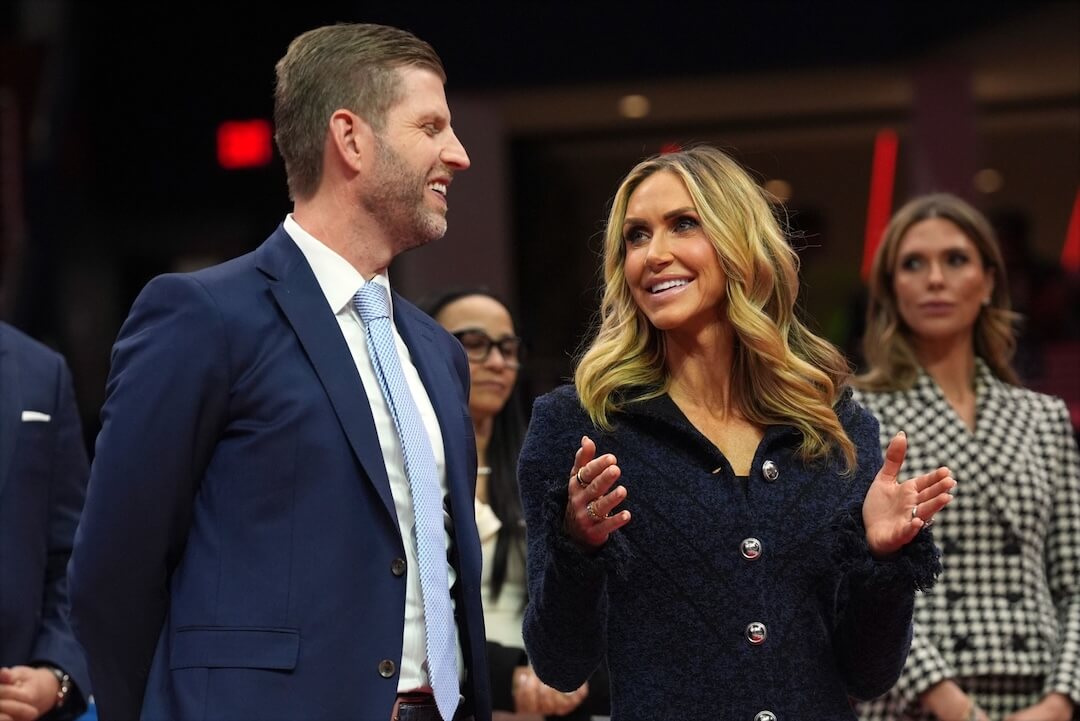Was it local preference? Source of blockbuster Kavanaugh story cites a confidential tip line and a trusted reporter
One journalistic tidbit that emerged during Christine Blasey Ford’s testimony involved her choice of media outlets to tell the story of her sexual assault at 15.
Why The Washington Post instead of The New York Times? The Washington-raised research psychologist didn’t answer the Senate Judiciary Committee directly, just saying that she wanted to choose one media outlet and, frankly, she preferred going the “civic route” — telling her elected official and proceeding within the system.
However, Ford said was attracted to The Post’s electronic confidential tip line and, later, felt that Post reporter Emma Brown had earned her trust. (On Sept. 16, Brown broke the account of Ford and the alleged sexual assault by Supreme Court nominee Brett Kavanaugh.)
“Today is a good reminder that there are human beings here at The Post who read and vet tips that come in over our confidential tip line,” Brown tweeted amid Ford's testimony Thursday. “Sometimes, those tips turn into stories.”
Intriguingly, Ford said The Post didn’t return her initial query, only doing so after she sent a followup message that mentioned that if she didn’t get a timely response, she would go to The New York Times instead.
The Post got back to her quickly, Ford testified.
A Washington Post spokesperson said the paper wouldn’t go into details about the tip line, other than a brief Q&A it released when the line was launched in January 2017.
That Q&A asked how often the e-tips line was checked. The answer? “Tips will be routinely checked by Post journalists in a secured environment.”
Among the questions I put to The Post:
- How often is this checked?
- Is there an assigned reporter or researcher, or several?
- How do tipsters know you've read and are considering their tips?
- How many tips does The Post get in an average week? Month? Is that frequency growing?
- What other stories has The Post broken via the e-tip line?
While The Post's scoop was mentioned, The Times was struggling with another issue. Its Opinion section acknowledged a misstep early in Ford's testimony — its posting of a Twitter "call-out" survey asking readers if they believed Ford.
“We’re sorry for this tweet,” the @nytopinion account posted later. “In retrospect, a Twitter poll is insensitive in light of the gravity of this hearing. We've deleted it.”
Quick hits
SOLD: The 129-year-old Oklahoman, the largest paper in the Sooner State, has been sold to New York-based GateHouse Media, which operates 145 daily publications nationwide. Poynter's Barbara Allen reports that the outlet has laid off 37 people. Publisher Chris Reen told newsok.com that it was important to sell the Oklahoma City newspaper “to a strong company that is 100 percent devoted to ethical journalism.” He will not be joining GateHouse.
CREEPY: Gizmodo reports that Facebook both 1) urges people to use two-factor authentication and 2) uses those phone numbers to ad-target those people it persuaded to seek greater security and privacy protection. Repeat: These are not numbers you gave to Facebook for your profile information. The ads use information “not directly provided by the user, or even revealed to the user,” said researcher Giridhari Venkatadri.
RESPONSE: Gizmodo’s Kashmir Hill quoted a Facebook spokesperson as saying: “We use the information people provide to offer a more personalized experience, including showing more relevant ads.” The key phrase is “people provide,” as opposed to the more specific “are compelled to provide.”
STORM ON FOOTBALL: Hannah Storm said there has been a backlash since it was announced she and Andrea Kremer would become the first all-women team to call NFL games. "I think it's extremely myopic to think that … the NFL or really any sport is only for men," said the ESPN SportsCenter anchor on NPR’s Morning Edition. She noted that her co-anchor for 11 Thursday night games on Amazon Prime Video, NFL Network’s Andrea Kremer, already is in the Pro Football Hall of Fame for broadcasting. “It's something whose time has come,” said Storm, whose first game with Kremer was last night’s Los Angeles Rams-Minnesota Vikings matchup.
SLAIN IN MEXICO: An assassin on the back of a motorcycle fatally shot Mario Gómez last week, and a prosecutor said the journalist’s work on drug reporting in southern Mexico got him killed. Gómez had endured periodic death threats over the past decade, Teresa Mioli reports, in the deadliest nation for journalists in the Western Hemisphere. (Related: An award-winning Mexican journalist tries to stop a U.S. immigration judge from sending him back to the people who have threatened to kill him.)
MAKING A DIFFERENCE: Bill Patterson had a choice: Give up your source or go to jail. The Fresno Bee reporter’s choice to be imprisoned, along with three colleagues, drew international attention and helped change laws that protect journalists. The decision by Patterson, who died Sunday, and his colleagues reverberates today, said retired attorney Phil Fullerton, who represented him. "What they stood for is overwhelmingly important at this time in our country,” Fullerton said. “The ability for the press to gather information is absolutely imperative and Bill, early – 40 years ago – stood for this right.”
DOWN FOR THE COUNT: After 45 years, HBO has KO’d professional boxing, citing declining viewership. “Our audience research informs us,” HBO sports EVP Peter Nelson told The Times, “that boxing is no longer a determinant factor for subscribing to HBO.” Digital platforms now provide a much wider lineup of fights.
On Poynter.org
-
Colombia stepping on press freedoms, especially among foreign journalists. By Megan Janetsky.
-
What the spread of misinformation on Twitter looks like. By Daniel Funke and Alexios Mantzarlis.
Want to get this briefing in your inbox every weekday morning? Sign up here.
Got a tip, a link, a suggestion? We’re trying to make this roundup better every day. Please email me at dbeard@poynter.org or reach me @dabeard.
Have a good Friday.






